Social Media: how to talk with teens and tweens
This year we’ve heard many stories about social media and its impact on teens and tweens. So Kirstie Beaven spoke to Sarah Berman, online safety advisory teacher, for some social media advice for parents.
We’ve had a lot of discussions with other parents about some of their anxieties around social media, so let’s start with some basics. What are the official age guidelines for using the big social media platforms?
The official age limits for social sites are mainly 13+, though some (including WhatsApp) say you have to be 16+. But they are invariably not robust at all. They don’t require anything except for you to be able to subtract 13 from the current year - there is absolutely no cross-checking. So these age restrictions are basically worthless, and I think that is a really big issue. It’s not a question of whether children are on them, but that any child can be on these sites underage without any checks.
We’ve heard of a lot of younger children pestering for their own devices and social accounts, and saying all their friends are on them!
“There really is nothing to stop a child setting accounts up themselves, and then they are much more at risk - from not having privacy settings or from not fully understanding the functionality and impacts it can have. ”
There has always been peer pressure; about pocket money, about what you’re wearing, what time you’re allowed out at night and so on. Families have always needed to find their own balance for their own standards and what the people around their children are doing.
If you think there is a real possibility of your child going off and setting up a profile before that age (and after that age too), you need to think what your response is. You have to weigh up what the boundaries are for you and your family. There really is nothing to stop a child setting accounts up themselves, and then they are much more at risk - from not having privacy settings or from not fully understanding the functionality and impacts it can have. Obviously I’m not in a position to ever recommend this, but for you it might turn out to be the lesser of two evils to set up a social account early, together with your child, setting the privacy settings, and having discussions about how social sites work and what there is to think about.
I think a lot of parents worry they don’t know what to say…
At the moment we’re still in a mismatch between the generations (though we won’t be for long), because most parents didn’t grow up with internet access/smart phones. You often hear parents of my generation say ‘I didn’t have it so why do they need it?’, or ‘it’s all new to me’. But I would play that down - mostly we do all use social sites in some form, and we do know how they work. We know the pitfalls, so we can help them to navigate it. A lot of people can judge teenagers, and say ‘Oh, they’re all worried about the number of likes,’ ‘They’ve got FOMO’ or ‘They’re always searching for validation’. If we’re honest though, we can probably all see this in our own interactions online.
That’s true, my adult friends are often having discussions about how social media makes them feel, and who’s following who and so on…
“We need to talk about how people interact online; what they choose to post and share and who can see that, and whether what they show is real or is ‘showing your best life’”
So that means we can talk about that together. We need to go through exactly how social media works with them - talk about how people can be tagged and followed and so on, and how you search safely. But also we need to talk about how people interact online; what they choose to post and share and who can see that, and whether what they show is real or is ‘showing your best life’. Use examples from your own accounts and talk generally about the types of comments people might make on social posts (rather than theirs or their friends’ as that’s an easy way to get defensive). And we need to keep on talking about it. It can become part of everyday conversation.
Sometimes I talk to parents about children going to parties at which there may be alcohol. And I find they can give me strategies for what they’d discuss with their child if they thought this was the case. They say: ‘I don’t really want you to do this, but if you are going to, these are some of the things I want you to know first. To help you’, and ‘I’ll always go and pick you up if you need me’. What they don’t tend to say is ‘I’m locking you in your bedroom till you’re 18’, or ‘Here are two litres of vodka , you can find out the hard way’.
We have to apply the same model to Social Media. Simply switching off the wifi, or taking away their phone or at the opposite end, just letting them loose with no discussions isn’t the best way to approach it. We need to talk about it together and be there for them.
It’s not all about strangers and online bullying. Today’s teenagers’ behaviours and motivations are no different to ours as teens. We wanted to talk to our friends, we wanted constant communication. We probably also talked behind each other’s backs and might not have been that nice either. We get where they are coming from! Today, if all your friends are communicating using WhatsApp and you have a brick phone, or no phone, you can’t be involved in those chats. I do think sometimes it’s about how we look at these things…
That makes sense to me - I remember coming home from school and almost immediately ringing my friends. I’d spend all evening sitting at the bottom of the stairs on the phone.
Yes! That’s what we did. I remember my dad saying ‘you’ve just spent all day with them!’. You remember what it’s like to be 15 - you know what it was like - we were the same! But we do need to explain to them how this might be played out across social media. The consequences of getting into a tangle with your peers now, through online pressure are greater. Arguments, fallings out and people being isolated are not new, but I think the public nature of social media can magnify it. And so we need to step up our interventions and warning and discussions and our support with this.
Well, that leads me to ask a bit about cyberbullying. Is it more of a problem than in-person bullying was? Or is it that online conversations can amplify it?
“Cyber bullying has opened up the potential to not really know who’s involved and not to know who the bystanders are - who’s watching what. There’s an element of facelessness about it.”
I think there are different aspects to bullying online and offline - though both are unpleasant and horrible experiences to go through. In face-to-face bullying you could get physically hurt, but there was never any uncertainty about who was involved. You knew who the bullies were, and however awful it was during the day, at least when you got home you were safe till the next morning. This does not at all diminish the impact of it, but you knew what or who you were dealing with.
Cyber bullying has opened up the potential to not really know who’s involved and not to know who the bystanders are - who’s watching what. There’s an element of facelessness about it, and then there’s the 24/7 nature of it.
I’ve read about teenagers who were very seriously cyber-bullied and at some stage all of them were told by an adult ‘Just don’t look at Facebook’. They all said how useless this was. They thought, ‘how could I not look and go to school knowing that everyone else in Year 7 knows what’s been said about me and I don’t?’ We need to recognise that these particular elements (not knowing and it being 24/7) are really nasty and can prey on people’s minds. That’s why it’s important that we support them by listening and understanding their reactions. If we are not supporting them, how can they moderate that?
What about the bystanders you mention, or even worse, if your child is taking part in bullying behaviour online. I worry that I would feel less confident about talking about behaviour online, than I might with face to face situations.
“If we’re face to face you can tell by my body language that you’ve upset me, but online we can’t do that. These are the kind of conversations we need to be having regularly, to help them navigate these things.”
Of course no one wants to think that their child is involved in this sort of behaviour. But really I think it needs to be pre-empted - by talking to our children about online behaviour. It goes back to talking through examples - looking at comments on videos or posts and asking how we know if this one is a joke, or are there two ways that could be taken and so on. If we’re face to face you can tell by my body language that you’ve upset me, but online we can’t do that. These are the kind of conversations we need to be having regularly, to help them navigate these things.
Often when I remember myself what it was like as a teenager, that can add some extra anxiety! The thought that I would have had to live my teen years online can be quite scary!
Yes, I can agree with that! But if our response to them talking about social media is just to say ‘Oh my goodness! Don’t go writing that online’ or ’You lot are all addicted to your phone’ this shuts them down. Mostly we’re not engaging with that conversation. Remember that teenagers today are usually very emotionally literate - they are much more used to talking about feelings than people of an older generation might be. It’s often us that are shying away from these conversations!
“Remember that teenagers today are usually very emotionally literate - they are much more used to talking about feelings than people of an older generation might be. It’s often us that are shying away from these conversations!”
We’re often not validating the feelings they’re having, and if we miss that bit out, the young person often thinks ‘oh, you don’t understand me, you don’t get it, why should I talk to you about this?’. When we don’t validate and understand their experiences and feelings it can mean they are less likely to come to us and have honest conversations.
If the approach was more; ‘I really understand what it’s like to: fall out with your mates, or you weren’t invited out, or the boy you liked kissed your best friend or all the things we experienced at teenagers…’ we’re opening this up. We can say, ‘I understand you, I remember that feeling, but let’s think about what is the best way to deal with it? I also know that in 6 months or next week or three years time things might feel different.’ Then we can have a discussion about whether it is (or isn’t) the best way forward to post your thoughts on Instagram.
It’s not just what they post, is it, but also what they see on social media. Recently we’ve seen a lot of scare stories in the press about the sort of content young people can find online and specifically on social media.
When your children are young you have more control over what they are accessing - you can set privacy settings, and parental controls and you can make sure you have a firewall on the wifi (and you can Google all of this if you don’t feel confident). Also they tend to use iPads rather than phones which don’t have 3/4G.
“It’s about creating a culture where if they have come across something that has upset or worried them that they can come and talk to you and that they know that you aren’t going to respond by switching off the wifi router or taking their phone away.”
Once they’re older, and they have a phone of their own we need to go through it with them. Really it’s about creating a culture where if they have come across something that has upset or worried them that they can come and talk to you and that they know that you aren’t going to respond by switching off the wifi router or taking their phone away. Lots of times, children aren’t expecting what they come across - they can come across quite shocking things from searching things in the way we might have looked up rude words in the dictionary. They need to know they can come and talk to us and we won’t clamp down on them.
As well as the types of distressing content that young people can come across, we’ve had qualms about the rise of filtering photos, targeted ads and influencer culture. Are there some things parents should remember or keep a look out for in terms of mental health?
If you notice or have concerns about a child in real life, I’d think the chances are pretty high that this is being somehow reflected in their online life. We have to trust our gut instincts. If we’re concerned about a child, we have to talk to them, and help guide them to supportive sites. What we know about those horrendous sites that could be seen to be promoting self harm or eating disorders, is that most people visiting them were actually looking for help. It’s a toss of a coin as to where they end up. So we have to help them navigate to healthy and helpful sites.
“If we’re concerned about a child, we have to talk to them, and help guide them to supportive and helpful sites.”
In terms of influencers we often think more of the negatives, when lots of them are actually giving out good messages. But I think we can be more proactive in helping our children find positive accounts to follow - charities and organisations often have youth ambassadors talking about mental health or wellbeing or body positivity. There are so many good things out there and we all need to be thoughtful about who we follow. If we discuss who we follow online and how that can make us feel with them we are raising their awareness that we all have control over that. For all of us, the more aware we are of how it’s making us feel, the more likely we are to take steps to moderate what we’re seeing.
Finally, we hear a lot about the impact of social media on young people's mental health. Is there any research that parents and carers can look at, and does anything really show measurable impacts - either for good or for bad?
There is research coming out, but it’s all very new - and we’re finding that it supports all sides of the arguments.
There have been two recent reports, #Statusofmind by RSPH and the Young Health Movement looking at 16-24 year olds and Life in Likes from the Children’s Commissioner focusing on 8-12 year olds [links below]. Both show there are both positive and negative impacts of social media use amongst children and young people.
So it’s very hard to draw conclusions - we can’t say this is right or this is wrong. What we do know is that social media is just another ingredient into the pot of life.
Sarah Berman is an online safety advisory teacher, CEOP (Child Exploitation and Online Protection) ambassador, and trainer consultant for two mental health charities.
Useful links
#Statusofmind Report: https://www.rsph.org.uk/our-work/campaigns/status-of-mind.html
Life in Likes Report: https://www.childrenscommissioner.gov.uk/wp-content/uploads/2018/01/Childrens-Commissioner-for-England-Life-in-Likes-3.pdf
Young Minds Guide to Social Media and Mental Health: https://youngminds.org.uk/media/2451/social-media-a-guide-for-parents.pdf
InternetMatters.org https://www.internetmatters.org/
Think U Know online safety for 4-7 year olds https://www.thinkuknow.co.uk/parents/jessie-and-friends/

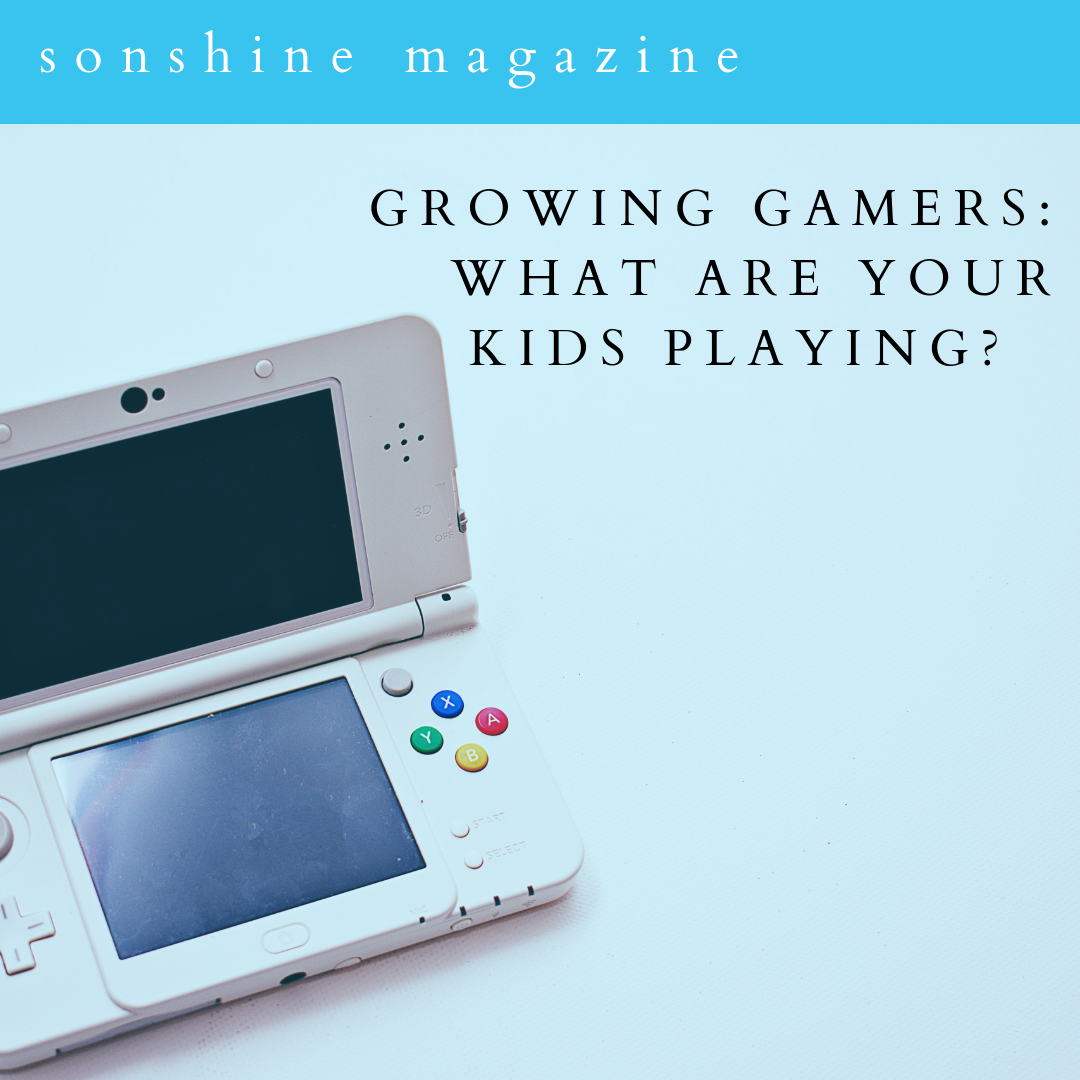

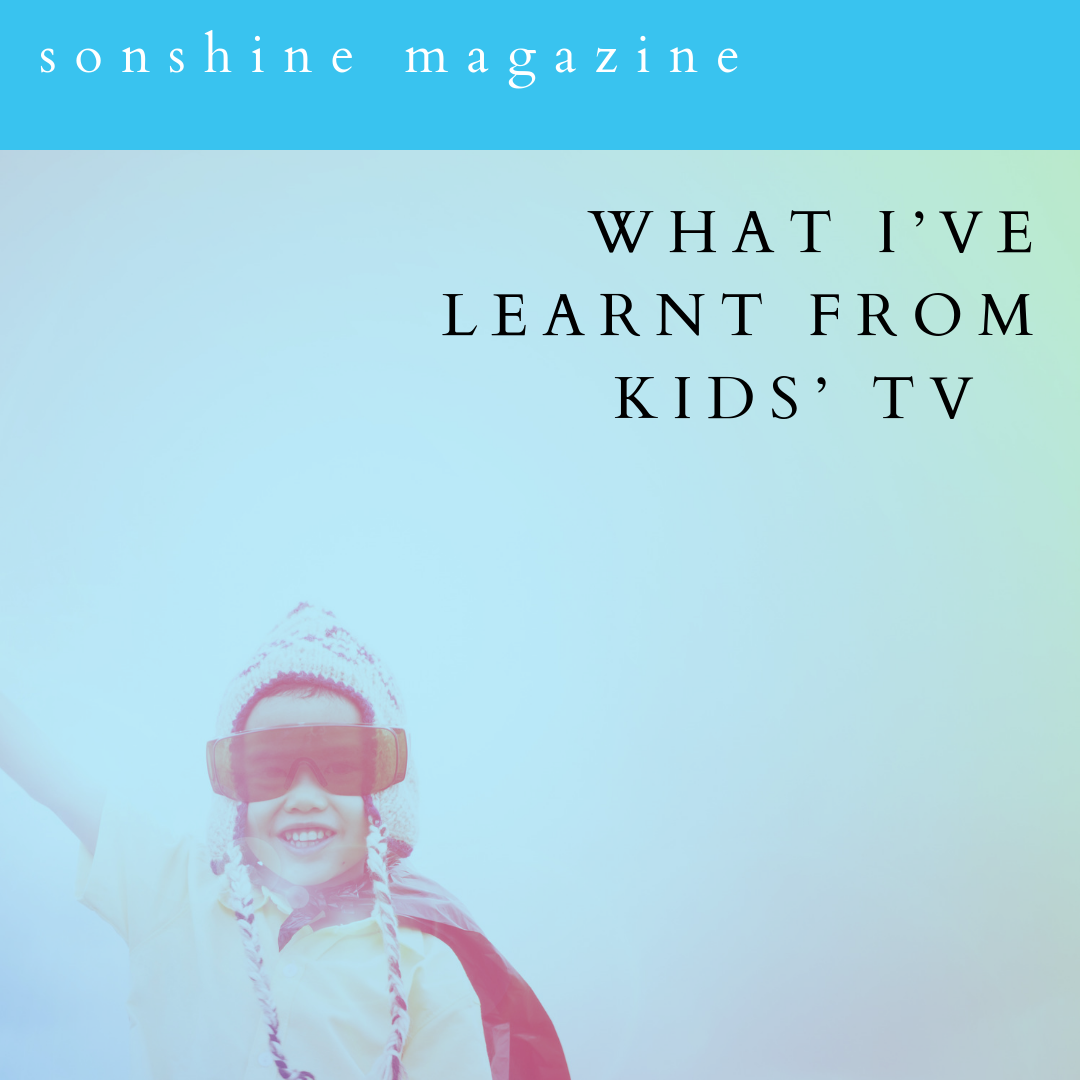
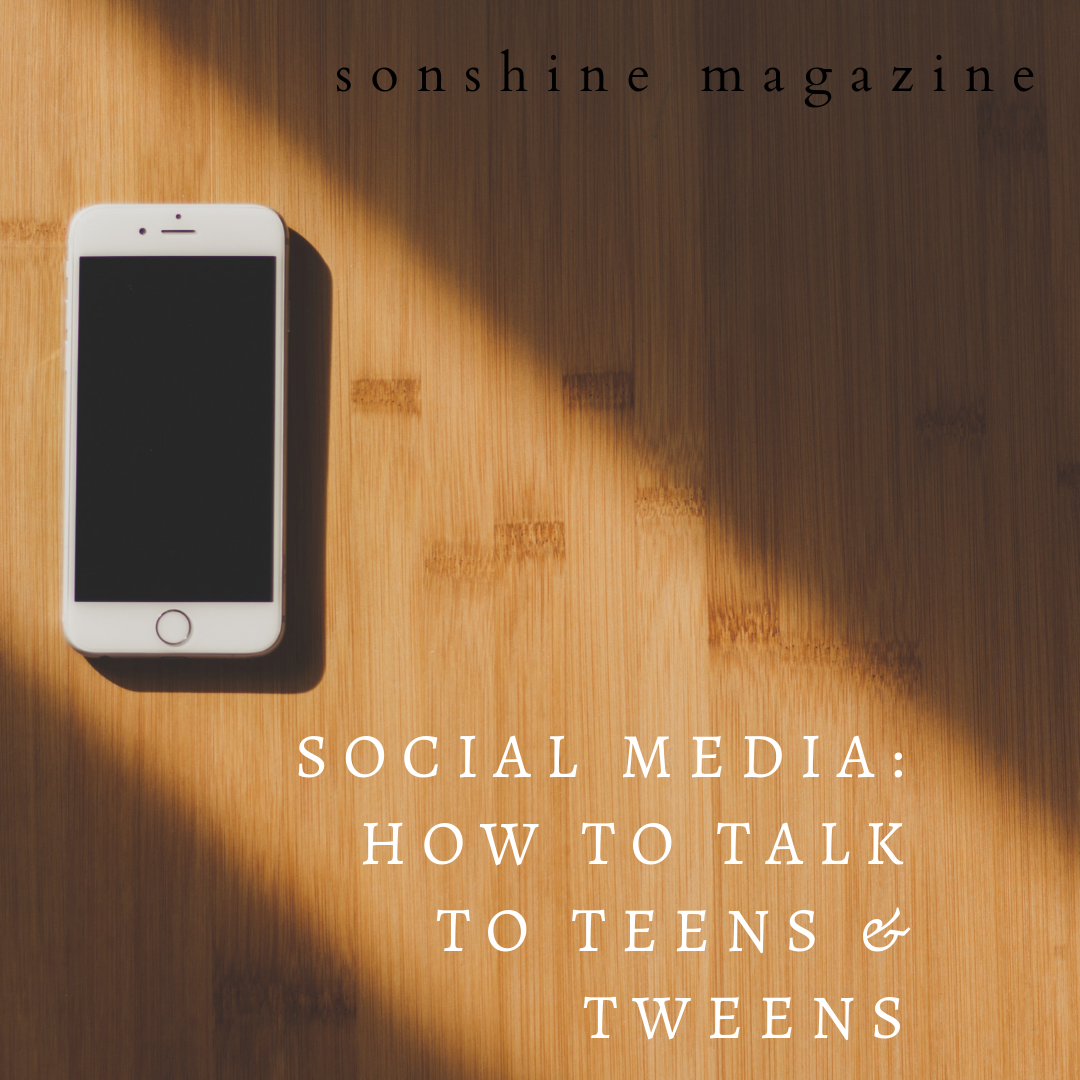



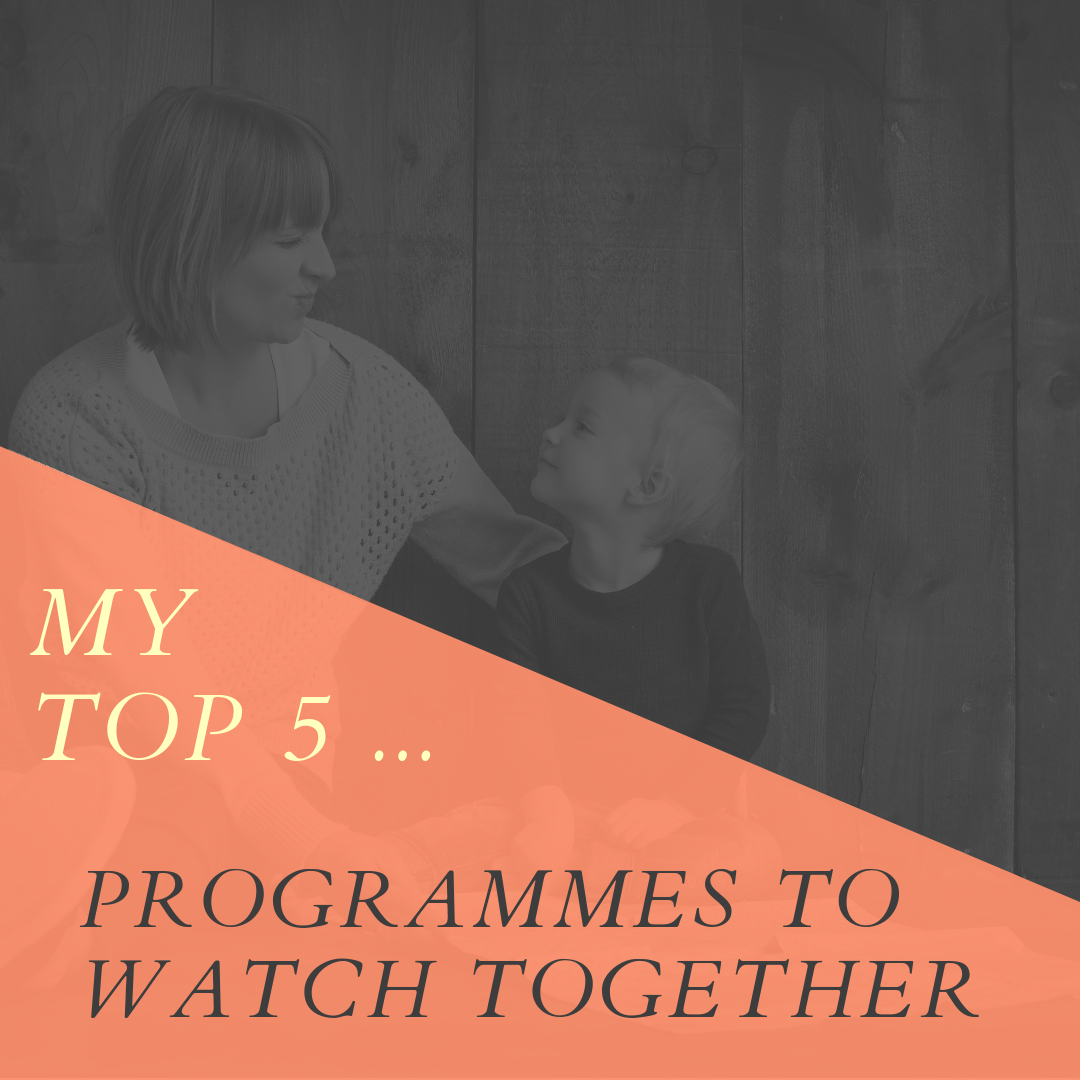
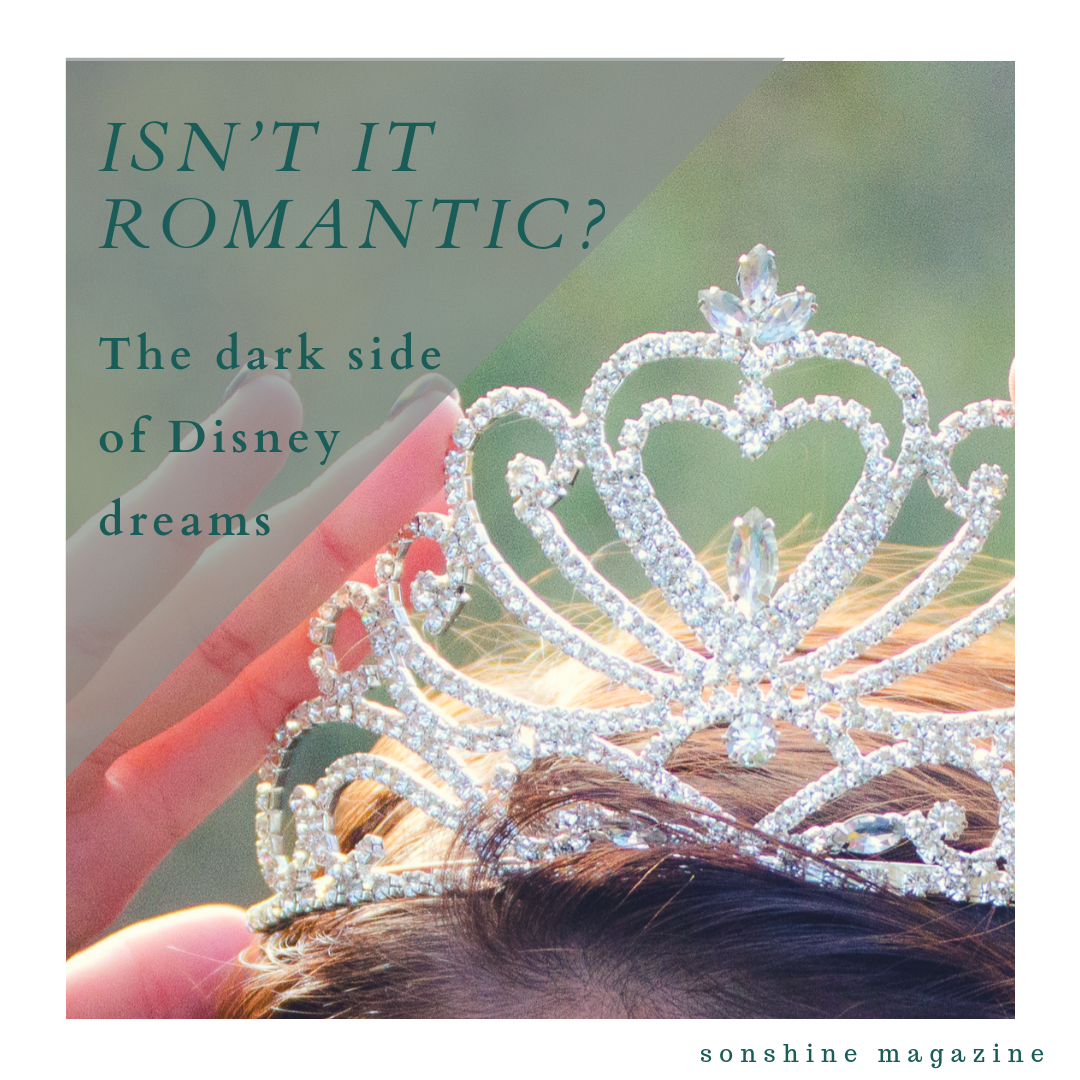
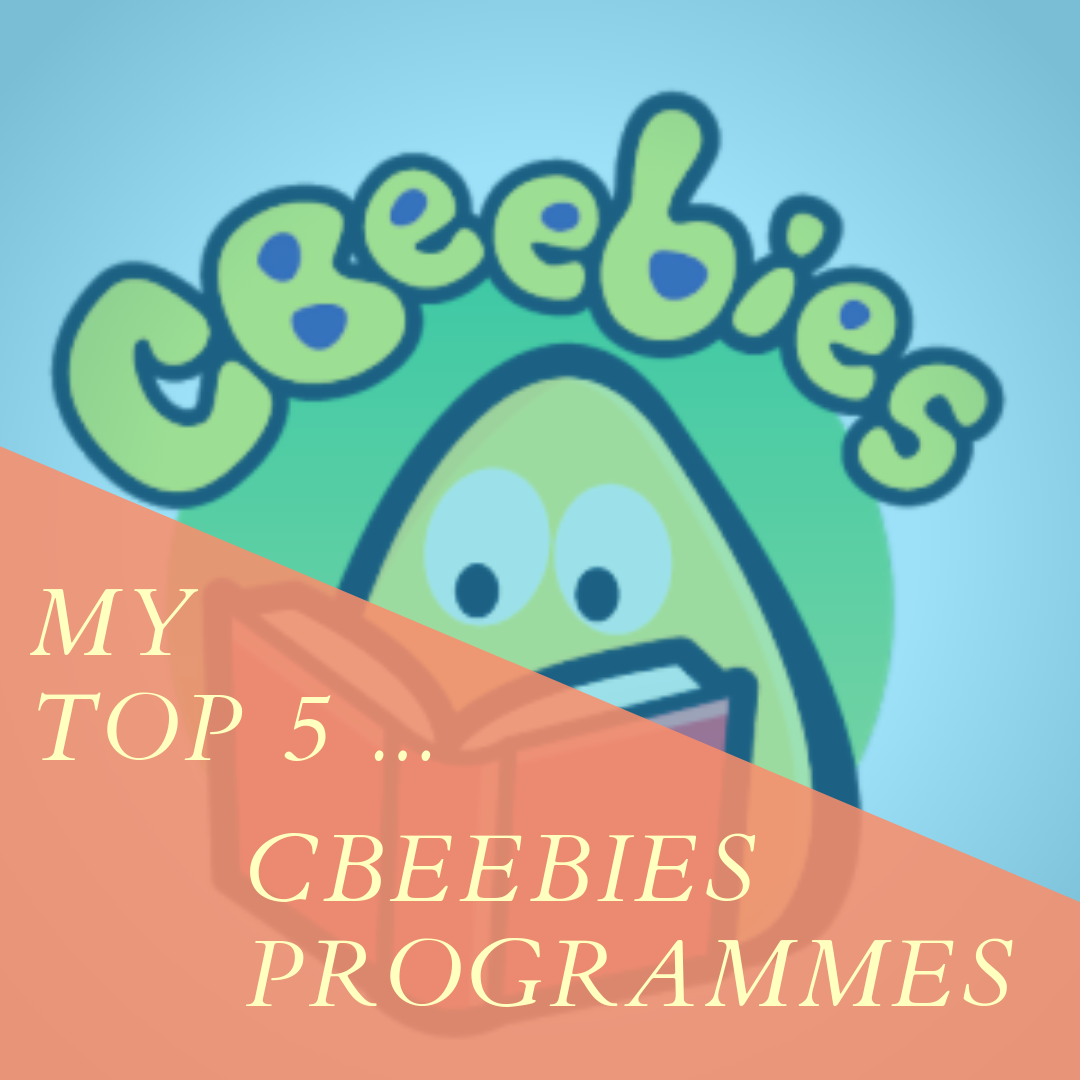
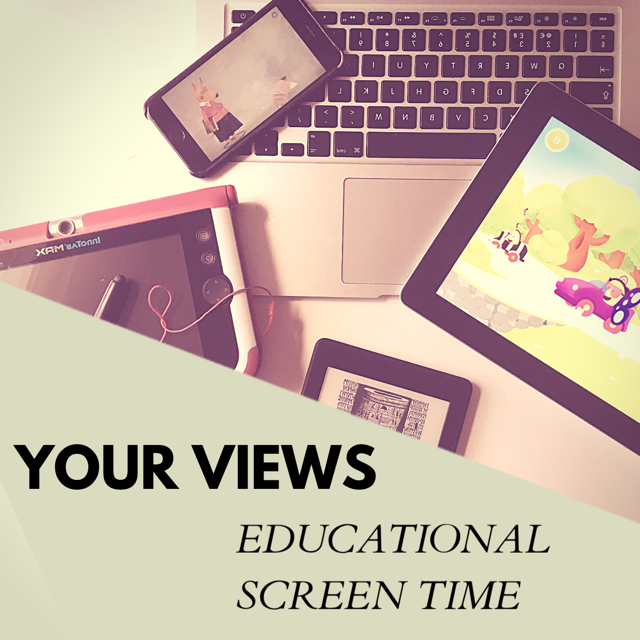

Kirstie introduces this issue of Sonshine – all about Screen time… From Disney dreams to Maid Marian, Social media tips to gaming for inclusion, we’ve got it all.